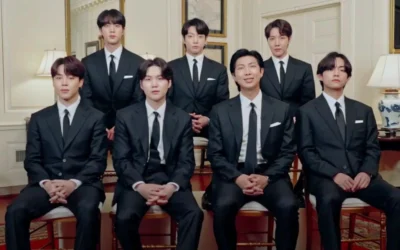Lawyers for Gene Hammett, the former ticket broker who was allegedly scammed out of millions of dollars worth of Vancouver Olympics tickets, are attempting to turn up the heat on alleged fraudster David Bunevacz in an effort to recover the $3 million Bunevacz claims to have lost in the deal.
Texas-based attorney Jim Moriarty, who represents Hammett, was planning to add the complaint of Fraud by International Misrepresentation to the lawsuit against Bunevacz filed earlier this year, and several new defendants were expected to be added to the suit.
Among those who will be added to the complaint are Bunevacz’ father, Joseph; his wife, Jessica Rodriguez Bunevacz; Hong Kong-based company Mocra Limited; and several divisions under the Pegazus Sports umbrella. Bunevacz allegedly worked with Pegazus in the deal, and Mocra Limited allegedly was supposed to provide the tickets.
The case revolves around Hammett taking money and ticket orders from several brokers, including eSeats, TicketCity and Razorgator, for thousands of Vancouver Olympics tickets. He then allegedly paid Bunevacz about $3 million for those tickets, under the guise that Bunevacz, a former Olympic athlete with connections to tickets, would provide them. The tickets were never delivered, and the money was never returned.
Bunevacz has denied any wrongdoing and claims he enlisted Mocra in the transaction, but that the “deal went sour” and he lost the money. He has subsequently given overtures that he would discuss a possible settlement, according to Moriarty, but never for the full amount in question.
In addition to Hammett’s additional filing against more parties in the case, Bunevacz also was dealt a blow by Los Angeles Superior Court Judge Daniel J. Buckley, who recently ruled in favor of Hammett that Bunevacz could not keep certain discovery material confidential. Moriarty recently took a deposition from Bunevacz, and the parties are due back in court in December.
“In effect, the judge has made it clear that (1) Bunevacz is no longer able to hide behind the confidentiality agreement contained in the purchase agreement with Gene, and (2) is no longer entitled to confidential protection under the Protective Order since he has failed to specifically set forth how the discovery is entitled to protection under California law,” Moriarty wrote in an email to TicketNews.



